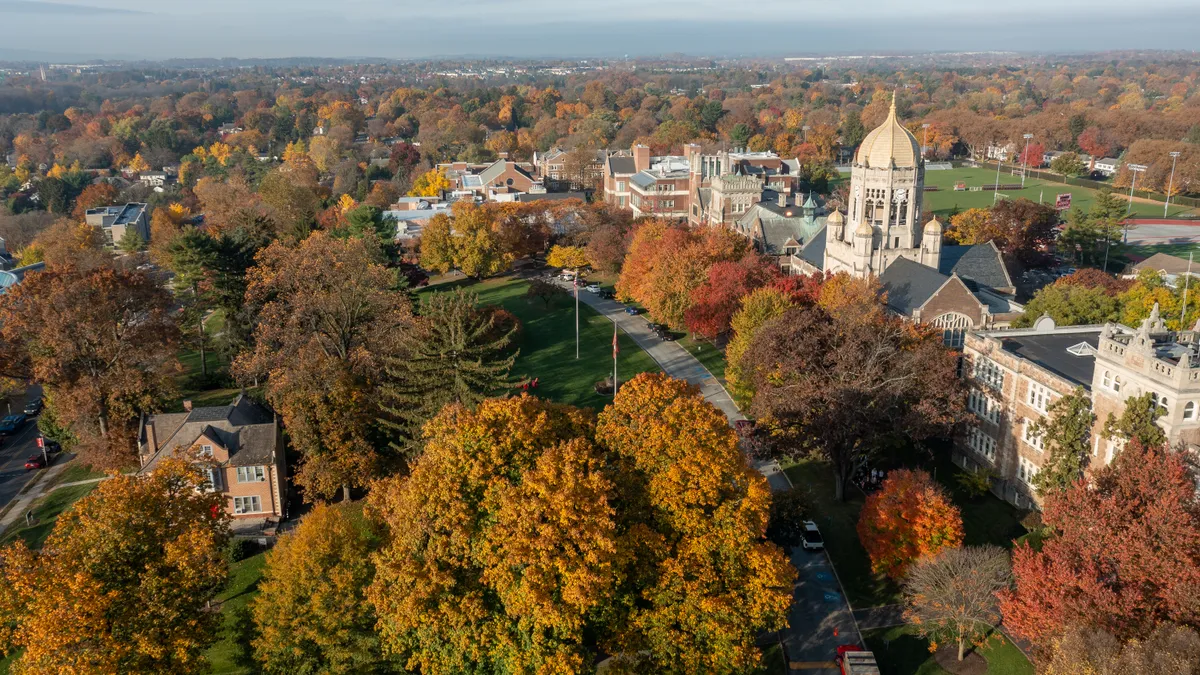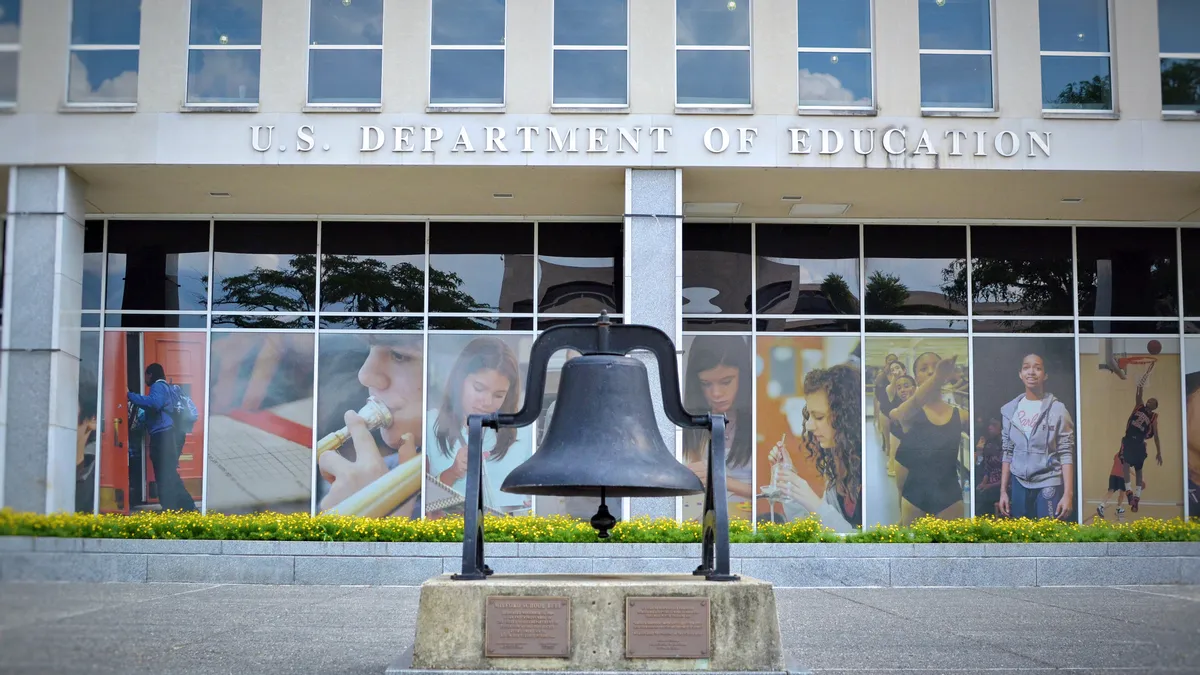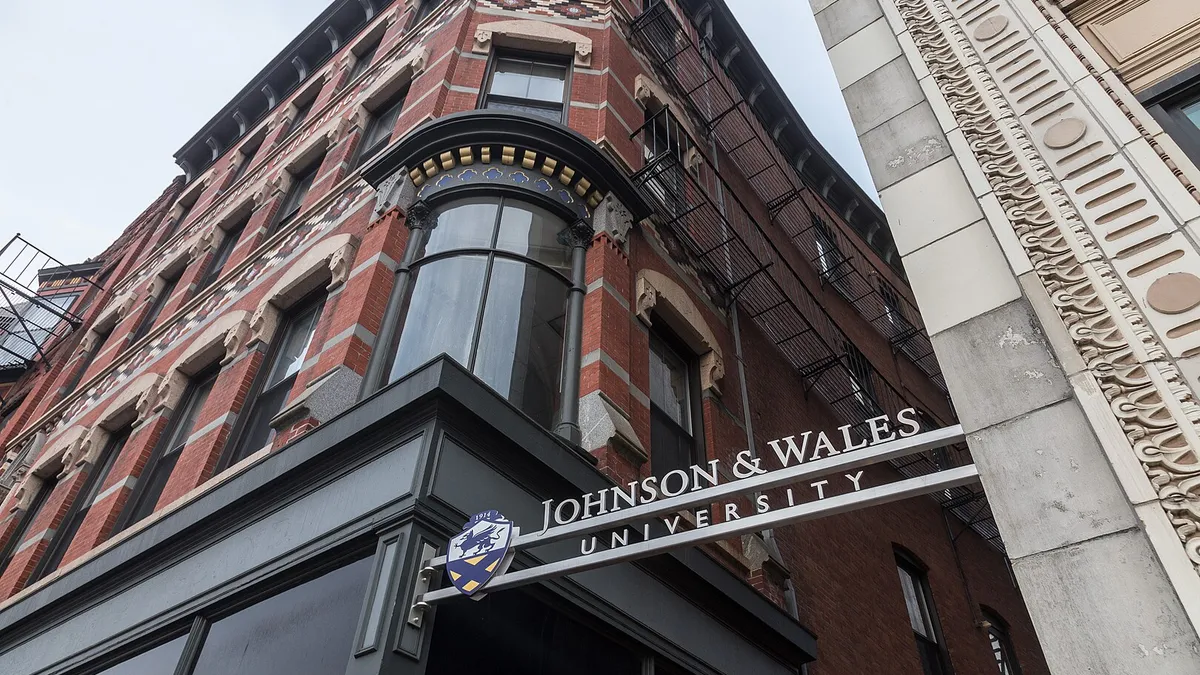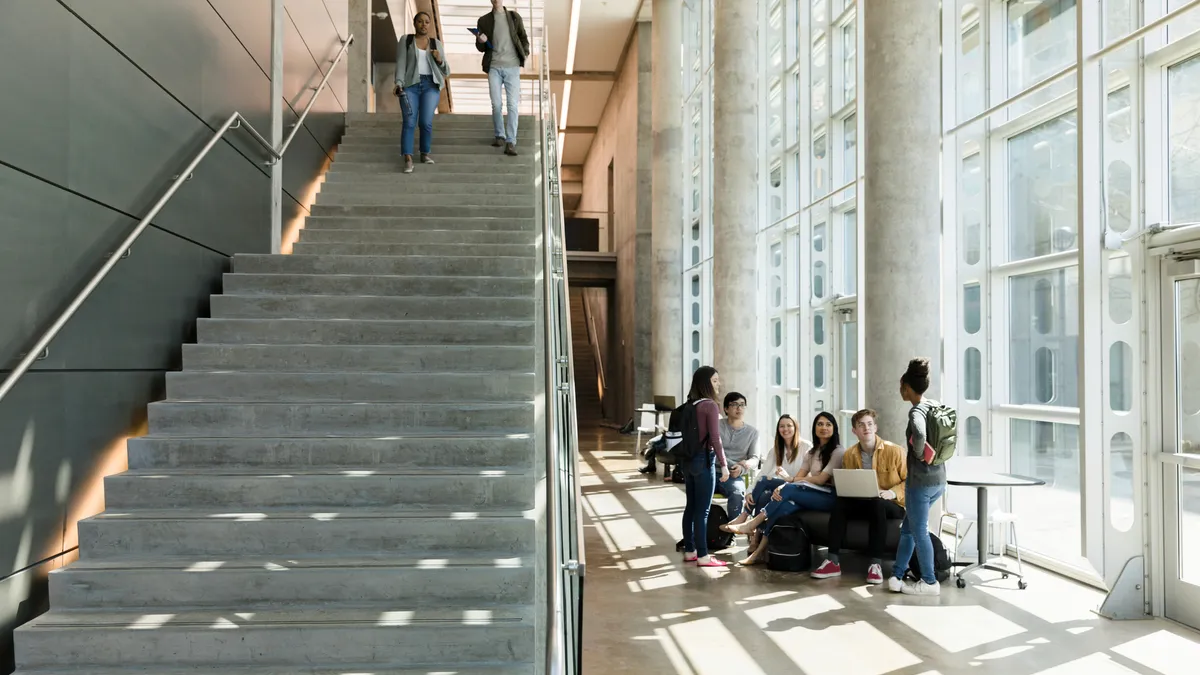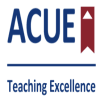Kathleen Harring is president of Muhlenberg College, in Pennsylvania.
Although midterm turnout data is still being crunched, it seems likely that young voters, many of whom cast their ballot for the first time, had an outsized impact on the results.
Americans aged 18-29 voted at the second-highest rate in three decades, only slightly lower than the 2018 midterm elections, according to the Center for Information and Research on Civic Learning and Engagement at Tufts University.
But here is what’s surprising: Despite their impact on this election, only about 27% of this age group voted.
Colleges are in a uniquely powerful position to increase this number — and there are very few times in our country’s history when it’s been of greater importance. Our institutions are places with a commitment to developing independent and critical thinkers, where different perspectives should be encouraged and examined.
Nonpartisan and student-led efforts to demystify the election process coupled with an institutional commitment to encourage civic engagement can make a real difference in voter registration and turnout.
We’ve seen this work with outstanding results on Muhlenberg College’s campus.
During the 2014 midterms, our student-voter rate was very low — just under 14%. But that figure jumped to 48.5% for the 2018 midterms, according to the National Study of Learning, Voting, and Engagement.
During the hotly contested 2016 presidential race between Hillary Clinton and Donald Trump, the national student voting rate for all institutions was 52.9%, with ours at 63.8%.
During the 2020 presidential election, Muhlenberg’s student-voter rate rose even higher — to nearly 83%, making it among the highest in the country.
The college also recently earned a platinum seal from the ALL IN Campus Democracy Challenge for our 2020 student voter efforts. And the group recognized Muhlenberg as having one of the most engaged campuses for student voting in 2022.
Here’s where we focused our resources to make this happen:
Early, ongoing and peer-to-peer engagement. New Muhlenberg students are encouraged to register to vote almost as soon as they step foot on campus. BergVotes, a nonpartisan student organization that raises political awareness and engagement on campus, as well as student staff from the Office of Community Engagement, help students register during orientation weekend. They also have weekly registration tables in the student union to help students register throughout the fall.
These students and staff also answer questions in real time and through social media. They even hand deliver voter registration forms so students who want to register locally can easily do so.
Other student groups like the College Democrats and College Republicans canvas by “dorm storming,” which involves distributing voting information through the residence halls to encourage students to register and vote. They also participate in phone and text banks and ask their fellow students on our small campus, “Did you vote?”
Education. The college’s biennial Election Series, sponsored by the political science department, brings in speakers to cover topics particularly relevant to that year’s elections. BergVotes organized an Issues Expo this fall for students to learn more about important issues and answered questions about voting on its Instagram account.
The College Democrats used their connections with various candidates to host multiple political programs on campus in 2022, including the first Pennsylvanian U.S. Senate Democratic debate last April and a visit from First Lady Jill Biden in November in support of Rep. Susan Wild's ultimately successful reelection bid.
Accessibility. In 2008, Muhlenberg students had to travel a mile from campus and often waited in long lines to cast their vote. Staff and faculty members reached out to local officials and were able to facilitate the move of the precinct’s polling location to the college’s student union the following spring. Now students — as well as faculty, staff and campus neighbors — can vote on their way to grab a coffee or meal.
Community engagement. Muhlenberg’s ongoing commitments to local elections include fluent Spanish-speaking students serving as poll interpreters and a team of students conducting exit polling for the Muhlenberg College Institute of Public Opinion.
This generation of students has come of age facing seemingly immutable and wickedly complex issues: a still-threatening global pandemic, intractable gun violence, threats to our democratic systems, and the impact of climate change now and in their future.
Now is the time for college leaders to inspire hope and encourage engagement. We have the power to help our students develop a passion for community connections, civil debate and voting in every election — and hopefully set into motion a lifetime of meaningful service.


